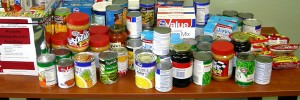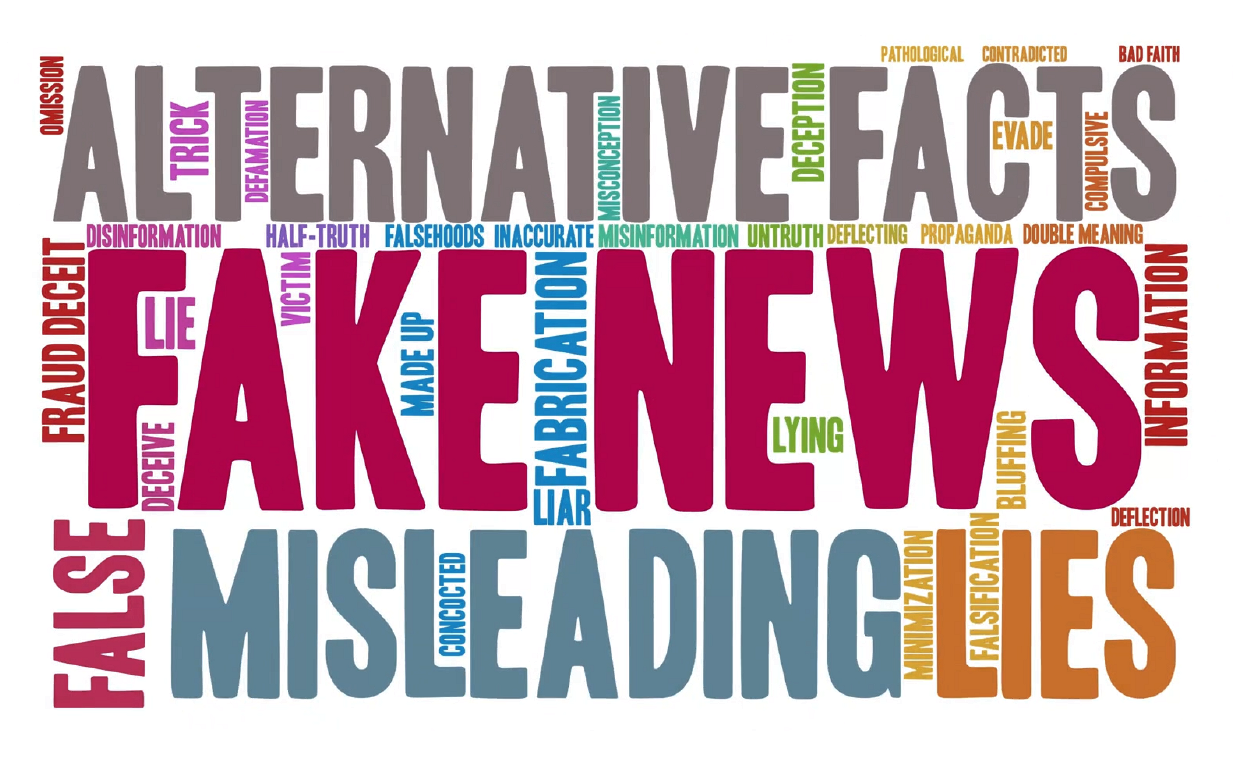Upcoming Public Meetings: The public meeting for the 32nd Session of 11th Session of the Codex Committee on Nutrition and Foods for Special Dietary Uses (CCNFSDU) will take place on October 13, 1-4 PM, at FDA’s Harvey Wiley Building in College Park, MD. The call-in number is 866-859-5767, passcode 2225276. The committee will meet in Santiago, Chile, November 1-5, 2010.The agenda will feature three items associated with Nutrient Reference Values and labeling (including for the general population, and for risk of diet-related noncommunicable diseases). Other main agenda items are:
- Proposed Draft revision of the Codex General Principles for the Addition of Essential Nutrients to Foods;
- Proposed Draft Revision of the Guidelines on Formulated Supplementary Foods for Older Infants and Young Children; and
- Discussion Paper for Inclusion of New Part B for Underweight Children in the Standard for Processed cereal-based foods for Infants and Young Children.
Other Public Meetings: The Codex Committee on Food Hygiene (CCFH) will hold its public meeting on November 2, 2010, at 4 PM, at USDA’s Jamie Whitten Building in downtown Washington.
The call-in number is 866-692-3158, passcode 5986642.
The Committee with meet in Kampala, Uganda, November 29 – December 3, 2010.
Recent Committee Meetings:
The United States recently attended the 11th Session of the Codex Committee on North America and the Southwest Pacific (CCNASWP) in Nuku’alofa, Tonga.
One day prior to the Session, the FAO held a workshop on Food Labeling and Date Marking.
 The workshop highlighted the need for an enhanced understanding of food labeling and date marking among manufacturers, traders, retailers, consumers and regulators in the region. The workshop highlighted the need for an enhanced understanding of food labeling and date marking among manufacturers, traders, retailers, consumers and regulators in the region.
During the workshop, the U.S. Delegate presented an overview of the current practices and regulations in the United States. Presentations were made by other importing and exporting countries, including the Philippines, which also attended the Session as an observer.
At the Committee session (September 27-October 1), delegates discussed issues referred from the 33rd Codex Alimentarius Commission:
- Private Standards: The committee identified problems from a lack of mutual recognition, increased costs of compliance, a lack of transparency in development of such standards, and supported the Commission’s recommendation to encourage closer cooperation between private standard setters and the Codex Alimentarius.
- Processed Cheese: The Committee supported the recommendation of the Committee on Milk and Milk Products (CCMMP) to discontinue work.
- Traceability in Foods: The Committee agreed there was no need for further guidance on traceability/product tracing.
- Challenges: In the discussion of revising the Codex Strategic Plan, the Committee identified the influence of non-science factors, the need for effective participation of developing countries, and the strengthening of management capacity as challenges to Codex.
The Pacific Island countries presented discussion papers on potential Codex standards for Kava and Noni (Nonu), products that are widely used and traded in the region. The Committee decided, however, that additional information is required to clarify the nature, safety and intended use of these products on a regional or international scale.
Papua New Guinea was elected as the new Regional Coordinator.
The 27th Session of the Coordinating Committee for Europe (CCEurope), taking place in Warsaw, Poland, concluded its four-day meeting on October 8. The U.S. attended as an observer.
Main outcomes include:
- Processed Cheese: The Committee decided that there was no need for regional standards and supported the discontinuation of work on processed cheese.
- Other Legitimate Factors: Many Delegations stressed, during discussion of various agenda items, the need for Codex also to consider non-science factors in the development of standards.
- Ractopamine, Chlorine & GMO Labeling:
- The EU stated continuing opposition to the MRLs for ractopamine as currently proposed and to the use of antimicrobials (such as chlorine) as decontaminants.
-
 What’s in your food?
- Additionally, the EU reinforced the need for GMO labeling and strongly encouraged all Member States to participate in the ongoing work in these areas.
The 4th Session of the Ad hoc Codex Intergovernmental Task Force on Antimicrobial Resistance (TFAMR) will take place in the Republic of Korea, October 18-22.
The U.S. Delegation will be led by Dr. David White of FDA’s Center for Veterinary Medicine, with Dr. Neena Anandaraman of USDA’s Food Safety & Inspection Service, as the Alternate Delegate. |






Public notice of the July 10 Council meeting where a food proclamation is on the agenda. The meeting begins at 7 PM. Contact the Town Hall for more information. http://www.tojaz.gov
Valerie wrote via Facebook: “Yes… buy anything you can from your local farmers’ market. I buy beautiful 100% pure raw honey right from the bee keeper what a blessing.”